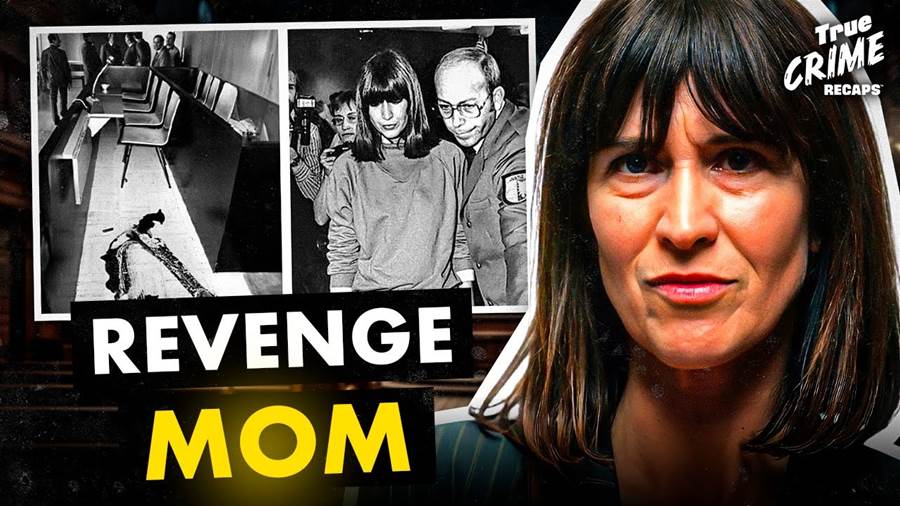

In 1981, a dramatic and tragic event unfolded in a German courtroom that captured the world's attention. Marianne Bachmeier, fueled by grief and anger, took a dramatic and dangerous step to avenge her daughter's horrific death. This riveting story of personal justice, legal controversy, and media frenzy continues to spark debates decades later.
Marianne Bachmeier’s life was forever altered when her 7-year-old daughter, Anna, was abducted, raped, and murdered by Klaus Grabowski, a convicted sex offender. The traumatic event shook the small community and left Bachmeier reeling with unimaginable grief. As the trial for Grabowski approached, Bachmeier’s sorrow and anger reached a boiling point, pushing her to take drastic measures in a desperate bid for justice.

On May 6, 1981, in a crowded Lübeck courtroom, Bachmeier smuggled a pistol into the court and took action that would make headlines worldwide.
The article is not finished. Click on the next page to continue.


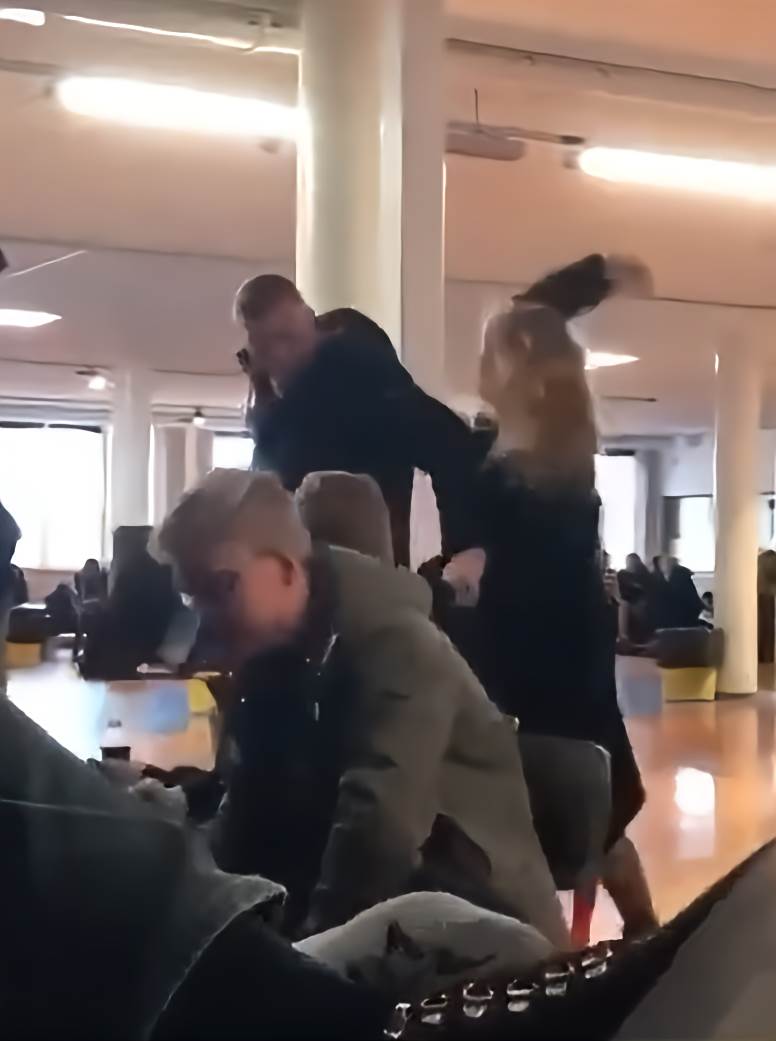






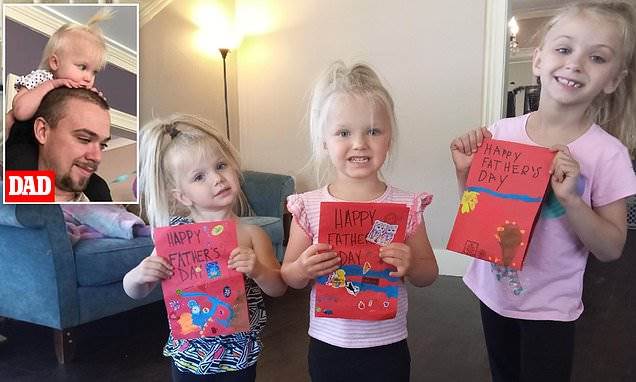

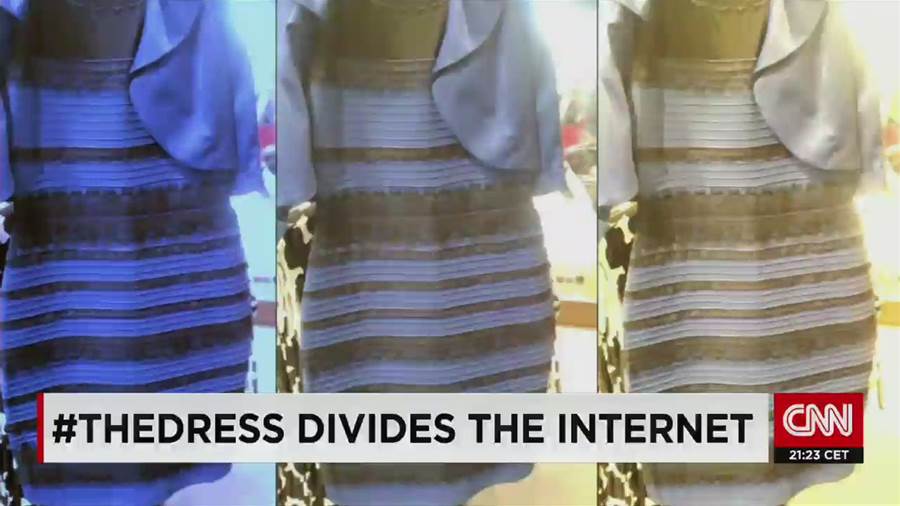
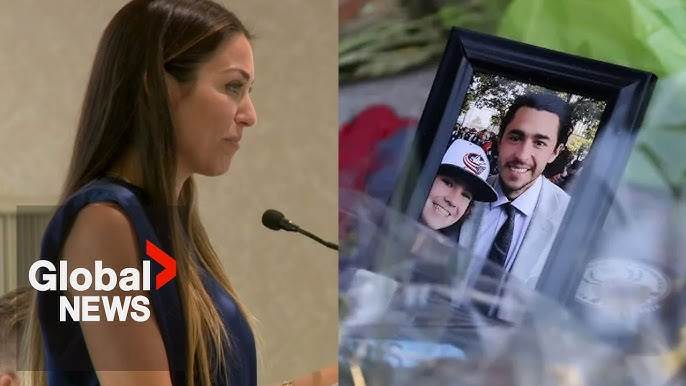

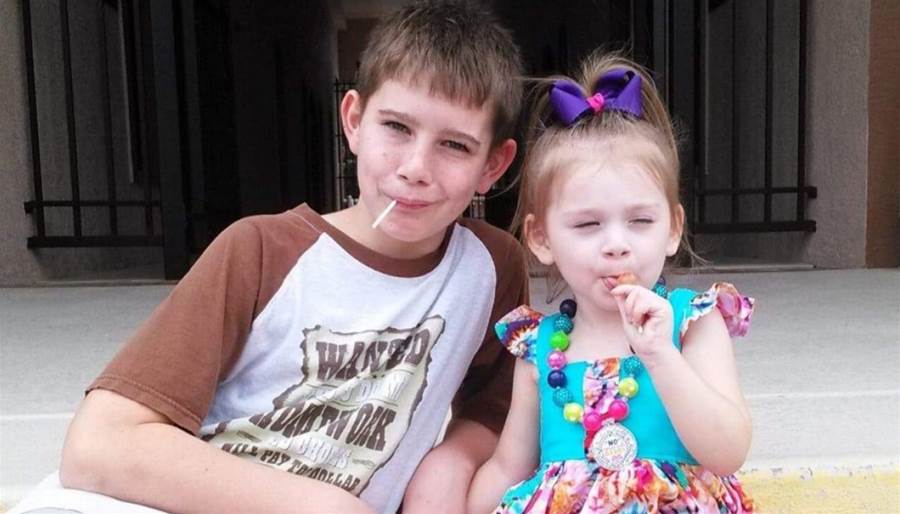


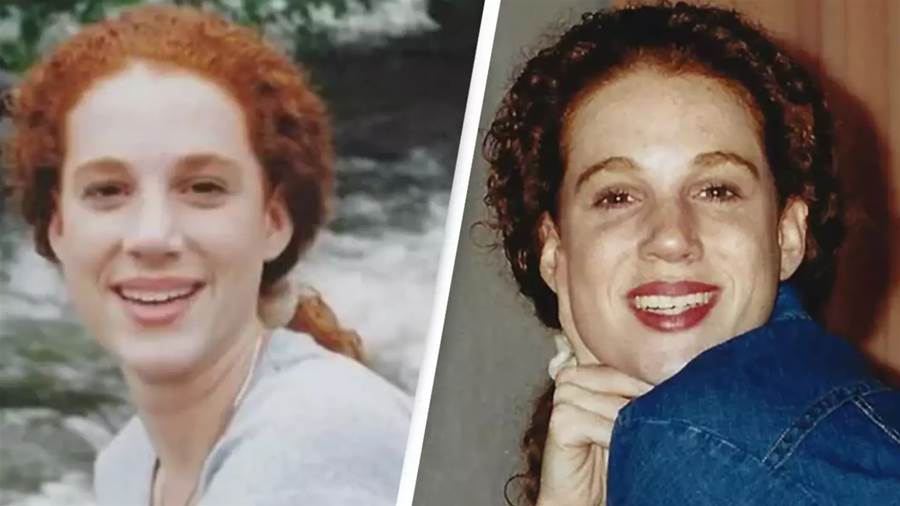
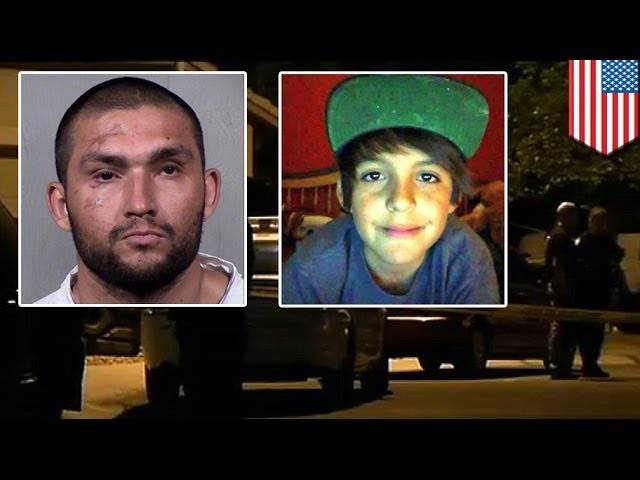
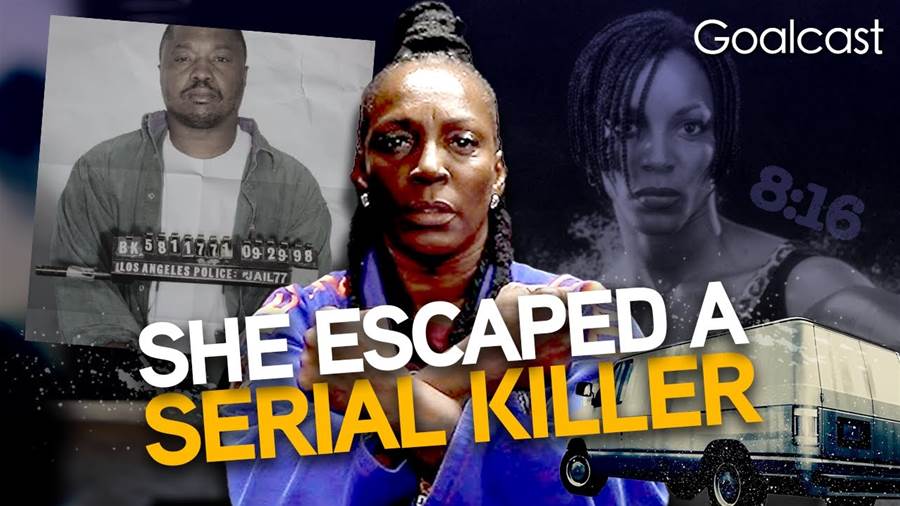
代表者: 土屋千冬
郵便番号:114-0001
住所:東京都北区東十条3丁目16番4号
資本金:2,000,000円
設立日:2023年03月07日
